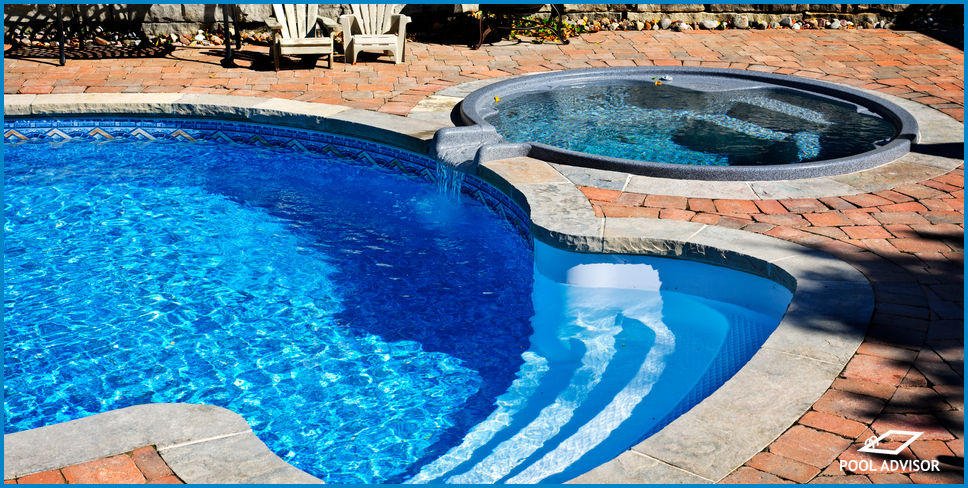
How Long Does Pool Resurfacing Take? What Can Affect This?
Pool resurfacing is an essential part of extending the life of your pool. But if you’re considering resurfacing your pool you may be wondering: how long does it take?
How long will my pool be out of action? How long will I have tradies in my backyard? Well, we’re going to answer all of that in this article.
How Long Does Pool Resurfacing Take?
Pool resurfacing takes 1-2 weeks. This estimate can vary based on quite a few different factors (as we’ll discuss below).
As the time taken can vary greatly depending on the pool, it's essential to work with an experienced contractor who can provide an accurate estimate for your specific pool.
They will take into account the size, shape, and condition of your pool, as well as the type of surface that is being applied, to provide you with a more specific estimate for you.
What Factors Affect How Long Pool Resurfacing Takes?
Here’s a list of the factors that have the greatest influence on how long your swimming pool resurfacing job will take.
Pool Size And Shape
The size and shape of the pool can greatly affect how long the resurfacing process takes. A larger pool will naturally take longer to resurface than a smaller one as there is more surface to cover.
Similarly, a pool with a more complex shape or additional features, such as waterfalls or spa areas, may require more time and effort to resurface.
Surface Type
The type of surface that is being applied to the pool can also impact the timeline. There are several options available, including fibreglass (which yes, can be resurfaced), concrete, pebblecrete, quartz and tile.
Some surfaces may require more time and preparation than others. Fibreglass tends to be one of the simpler (and therefore cheaper) surfaces, whereas pebblecrete is one of the most expensive.
Weather Conditions
Weather conditions can play a significant role in the time it takes to resurface a swimming pool. Outdoor resurfacing projects may need to be delayed or rescheduled if there is heavy rain, high winds, or extreme heat.
In our experience, rain can interfere with the epoxy resins and curing process. Heat and wind also make it difficult to achieve an even surface finish.
One of the benefits of indoor resurfacing jobs (many commercial pools are indoor) is that you are protected from the elements, which means less chance of delays due to weather.
Existing Pool Condition
The condition of the pool before resurfacing can also affect the time estimate. If the pool is in poor condition and requires extensive repairs or preparation before resurfacing, this can add to the overall duration of the project.
Other Factors
There are other factors that can impact the time it takes to resurface a pool, such as the availability of materials, equipment, and labour. Again, working with an experienced pool resurfacer will minimise the likelihood of delays like these!
Summary
1-2 weeks is a good rule of thumb, though you can get a much more accurate estimate from your contractor.
If you are still considering whether you should do resurfacing or not, check out our cost calculator to help you get a rough estimate for your pool. You can also take a look at ways to save money on resurfacing.

Louis
A chemical engineer by trade, Louis is committed to debunking myths in the pool industry by explaining the underlying chemistry and making it accessible to all.
